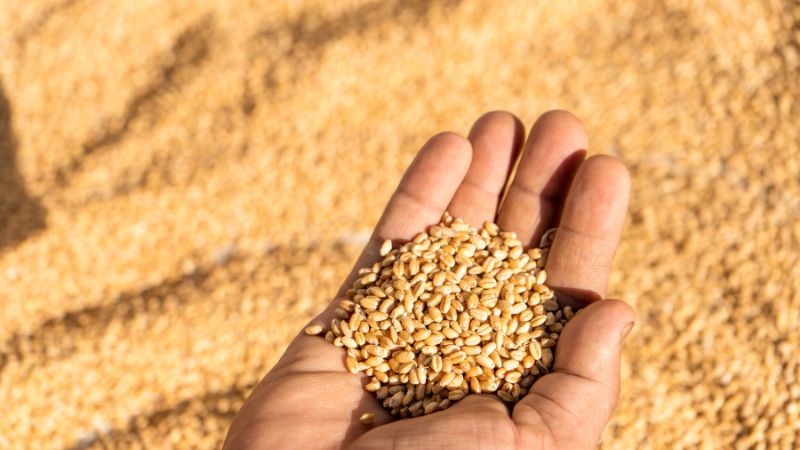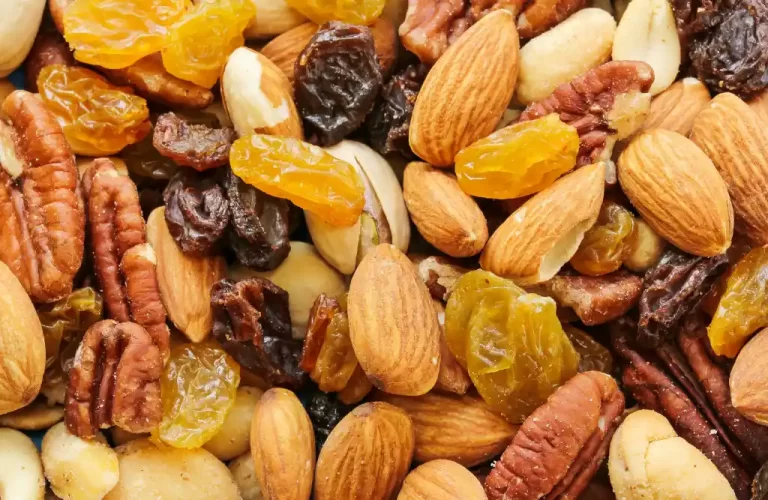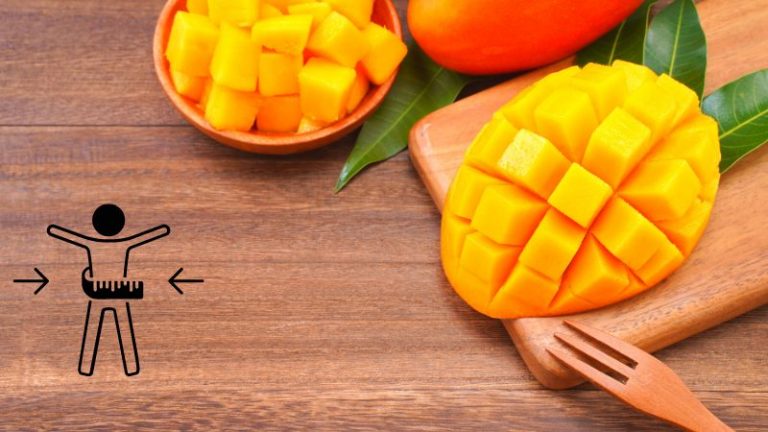Corn Vs Wheat For Weight Loss – Which is Better?
Grains have been an essential part of our diet for centuries. Among all the grains, corn and wheat are two of the most popular ones. They are packed with nutrients and can help you achieve your weight loss goals. However, choosing the right grain can be a daunting task.
This blog post will compare Corn Vs Wheat For Weight Loss to help you decide which is better for weight loss.
What is Corn?
Corn, or maize, is a key food source for billions of people around the globe. It’s chock-full of vitamins, fiber, and minerals. Corn is low in fat and calories, making it an excellent choice for weight loss. It is also a good source of antioxidants, which can help protect your body against chronic diseases.

Benefits of Corn for Weight Loss
Corn is a low-calorie food that can help you achieve your weight loss goals. It is also fiber-rich, which can keep you full for longer. Corn has a lot of fiber, which can help regulate your digestive system and prevent constipation. Corn is also a good source of vitamin C, which can boost your immune system.
Potential Drawbacks of Consuming Corn
Corn can be high in carbohydrates, which can cause your blood sugar levels to spike. It is also a common allergen; some people may experience allergic reactions after consuming corn. Additionally, corn can be high in mycotoxins, which can cause health problems in some people.
What is Wheat?
Wheat is a common grain that transforms into tasty foods like bread and pasta. It is rich in fiber, protein, and B vitamins. Wheat is also low in fat and calories, making it an excellent weight-loss choice.
Benefits of Wheat for Weight Loss
Wheat is a low-calorie food that can help you achieve your weight-loss goals. It is also fiber-rich, which can keep you full for longer. Wheat has a lot of fiber, which can help keep your digestive system in check and keep you from getting constipated. Wheat is also a good source of protein, which can help you build and maintain muscle mass.
Potential Drawbacks of Consuming Wheat
Wheat can be high in gluten, which can cause health problems for people with celiac disease or gluten sensitivity. In addition, it may contain a lot of carbohydrates, which can raise your blood sugar rapidly. Additionally, wheat can be contaminated with pesticides and other chemicals, which can harm your health.

Comparing Corn and Wheat for Weight Loss
Macronutrient Composition of Corn and Wheat
Corn and wheat are both low in fat and calories. However, corn is lower in carbohydrates, while wheat is higher in protein. Corn contains about 21 grams of carbohydrates per 100 grams, while wheat contains about 72 grams of carbohydrates per 100 grams. Wheat contains about 12 grams of protein per 100 grams, while corn contains only 3.4 grams of protein per 100 grams.
Fiber Content of Corn and Wheat
Both corn and wheat are rich in fiber. However, corn is higher in insoluble fiber, while wheat is higher in soluble fiber. Soluble fiber can help lower your cholesterol and improve the health of your heart, while insoluble fiber can help regulate your digestive system and keep you from getting constipated.
Glycemic Index of Corn and Wheat
The glycemic index (GI) quantifies the rate at which a consumed food causes a rise in blood sugar. Wheat has a higher glycemic index (GI) than corn, which can cause blood sugar levels to spike more quickly. For those with diabetes or insulin resistance, this can pose some problems.
Impact on Blood Sugar Levels
Corn has a lower impact on blood sugar levels than wheat. The high fiber and protein content of wheat can slow down glucose absorption into your bloodstream, which can help prevent blood sugar spikes.
Effect on Hunger and Satiety
Corn and wheat can both help keep you feeling full and satisfied. However, wheat is more filling than corn because it contains more protein and fiber. The high protein content of wheat can also help you build and maintain muscle mass, which can help you burn more calories at rest.
Corn vs. Wheat: Which is Better for Weight Loss?
When it comes to weight loss, both corn and wheat can be healthy choices. However, there are some factors you should consider when choosing between the two.
Factors to Consider When Choosing Between Corn and Wheat
Calorie count: Wheat is slightly higher in calories than corn, so if you are counting calories, you may choose corn.
Filling power: Wheat is more filling than corn because it contains more protein and fiber. If you want to feel full for longer, choose wheat.
Glycemic index: Corn has a lower glycemic index than wheat, so it can help prevent blood sugar spikes.
Nutritional profile: Wheat is higher in protein, fiber, and B vitamins than corn. If you want to get more nutrients in your diet, choose wheat.
Versatility: Corn is more versatile than wheat because it can be used in a variety of dishes, including soups, salads, and casseroles. If you want to experiment with new recipes, choose corn.

Practical Tips for Including Corn and Wheat in Your Weight Loss Diet
Here are some practical tips for including corn and wheat in your weight-loss diet:
Choose whole grains: Instead of refined grains, choose whole-grain corn and wheat products. Whole grains are higher in fiber and nutrients.
Watch your portion sizes: Even healthy foods can lead to weight gain if you overeat them. Make sure you’re getting the right amount of food by using measuring tools.
Experiment with recipes: Try new recipes that feature corn and wheat. Many delicious and healthy recipes can help you lose weight.
Combine with other healthy foods: Combine corn and wheat with other healthy foods, such as vegetables, lean protein, and healthy fats.
Final verdict
Corn and wheat are both healthy grains that can help you achieve your weight loss goals. When choosing between the two, consider factors such as calorie count, filling power, glycemic index, nutritional profile, and versatility. Remember to also focus on overall diet quality, exercise, and motivation to ensure a successful weight loss journey.





